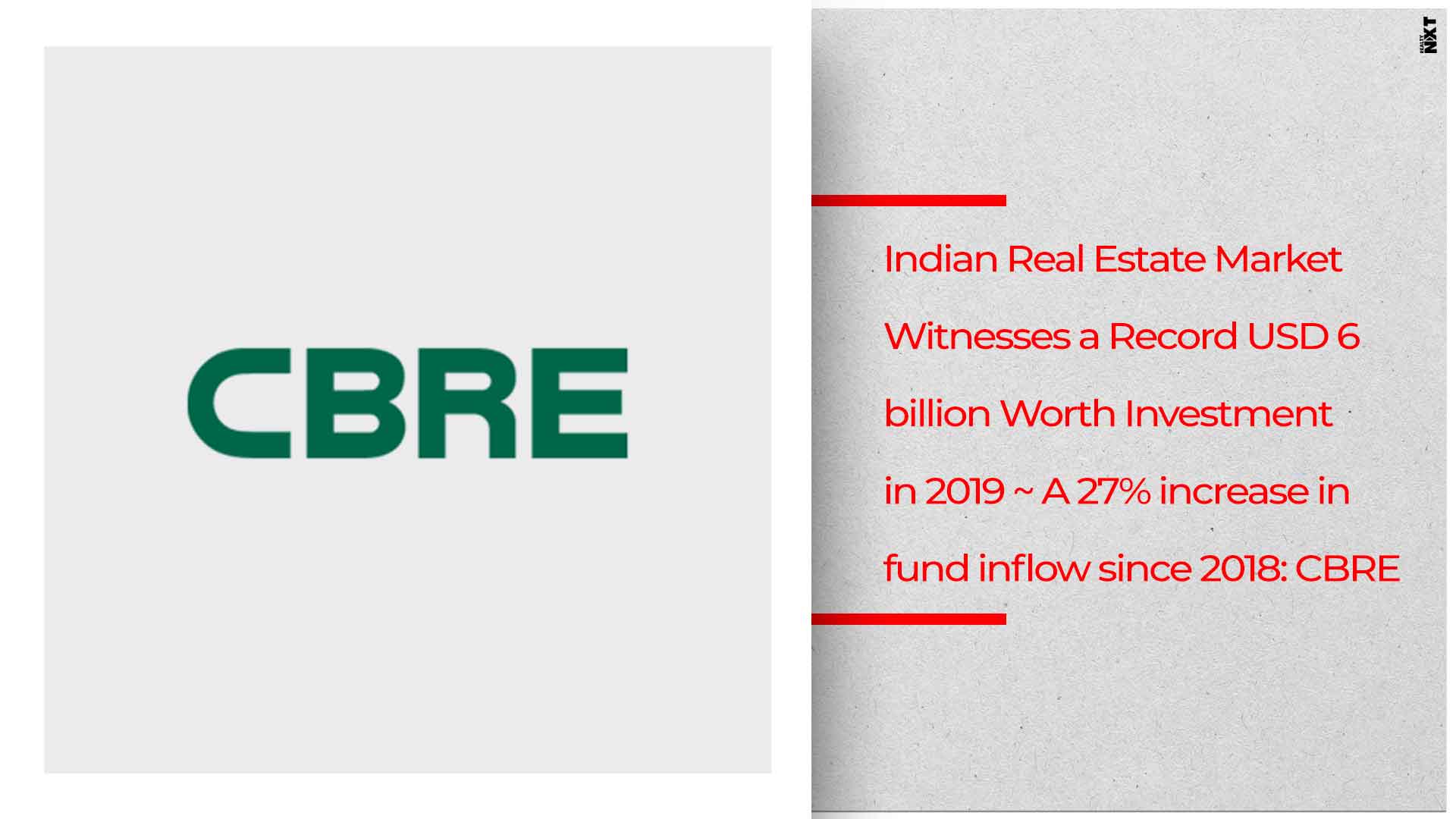Trends
TOWNS OF TEMPTATION




he rupee’s southward dive has ushered in unexpected spin-offs for T India’s Tier 2 and Tier 3 cities and towns with NRIs from the distant foreign shores increasingly looking at these non- Metro locales with unprecedented interest.
In the past, whenever the rupee weakened against the greenback, NRIs preferred to just simply lend or to invest in the safe fixed deposit (FD) schemes back home. Large scale apprehension was on the top of the mind when it came to investing in real estate in Tier 2 or Tier 3 cities. However, the weakening rupee has broken the jinx now.
NRIs are seemingly aware of the NHB Residex data for April-June 2013 which says that real estate prices have fallen sharply across towns and cities from Indore (5.64 per cent) to Ludhiana (5.99 per cent) during the period. Also, they know pretty well that the period is not going to last for long, thanks to the passage of Bills relating to food security, land acquisition and the real estate regulator, which are all loaded with indices that will tend to drive real estate prices northwards in the country in the near future.
Dr Vivek Sah, an assistant professor of real estate at the School of Business Administration, University of San Diego, says: “For most NRIs in the US, investing in the residential real estate in India is a very logical decision. Besides, creating an asset in their home country which hopefully will keep appreciating over time along with providing steady cash flows in form of rental income, it allows them to set up a residential base in a country, where they will hopefully retire. Whatever comforts, quality of life and professional
success that the US may provide, at the heart of hearts for most NRIs, the retirement plan is to go back to India and be among amongst family and friends.”
The places luring the NRI’S are spread out across the country: Ahmedabad (because of excellent infrastructure, very good law and order, efficient public services, open culture, great restaurants and welcoming native population), places surrounding Delhi (because of connectivity to the rest of the country, excellent airports, great roads and lots of breathing space), Goa (with some of the world’s best beaches and the Portuguese culture) and of course, vacation homes in Coonor or Kerala.
And this time around, it is smaller yet urban, and increasing cosmopolitan cities like Pune, Chandigarh, Mysore, Bhubaneswar, Jaipur etc. that are moving towards providing the perfect setting for a retirement life in India for the homeward bound NRIs.
“The conversion power of the US dollar is a strong facilitator in this decision making process. At present, with an appreciating dollar and stalling economic growth in the Indian economy, the case is even stronger and compelling to make the move. Being able to buy comfortable, stylish (and in some cities even luxurious) residential real estate in India in most cities (except the exorbitant and over-priced locations of Gurgaon, Mumbai or Delhi) for almost less than the median home price in the US (which is currently at $213,500 (source-realtors.org) is a great benefit, making perfect economic sense for reasons mentioned above”, adds Sah.
A section of NRIs believe that smaller and upcoming cities offer a competitive location, nor are the property prices as crazy as in Delhi, Mumbai or Bangalore.
Minu Agarwal, a Switzerland-based professional, says: “Tier-2 cities of India offer competitive locations for property investment compared across the cross section of cities as well as over time”.


Dr Vivek Sah, Assistant Professor of Real Estate, School of Business Administration, University of San Diego


Minu Agarwal, Switzerland-based professional
“As an NRI, any one can perhaps pay mostly in cash for a 3- 4 bedroom home without possibly needing to opt for a large mortgage loan. For some other cities, he or she must secure a loan. Given that the return on alternate investments can’t easily be at the cost of debt these days, affordability makes those smaller cities more attractive. On the other hand, real estate prices are witnessing, at least in a short run, the bottoming of prices. It is, perhaps,a good time to buy”, said Agarwal.
With prices of properties being at their rock bottom, NRIs are getting lured by the droves. While residential colonies are the most preferred investment destinations for NRIs, commercial properties too have attracted interest that is growing-the idea is to block the property first and keep it reserved for future business ventures in India.


Gaurav Kumar, Risk Manager, National Museum Foundation, Atlanta


Shreyansh Chandra, Atlanta-based architect
There are a few NRIs, who are well settled abroad. Still, their heart lies very much to their place of origin. With plans to settle down in their own country and start their venture in India in future, they are currently busy buying properties back home. Akash Randhar is one such NRI, who is currently running his own information technology (IT) firm at Dallas (Texas, US), and has recently invested a good sum in Indore’s commercial real estate sector.
The announcements by new RBI governor Raghuram Rajan have also served well in inviting foreign exchange from NRIs and foreign borrowings by banks by subsidising the cost of using these funds locally. True, one cannot time the market beyond a point as the
investment has to be made on the fundamental belief that India will continue to grow and also that rupee is currently under-valued. However, at this stage, the volatility does not seem to be deterring NRIs. If one takes a longer term position, there are enough reasons to believe that this is as good a time as any to invest. Even after having evaluated the investment options last year, New York-based NRI, Rajesh Makhija, opted out. The simple reason was that he found the prices to be inflated. “Was not sure if there would be any significant upside”, says Makhija.
However, he is a changed man today. “I do think this is the right time. Most of it has to do with the exchange rate. While in rupee terms, not much has changed on property prices. The upside can be expected because of any increase in property prices overtime (as it normally happens) and any rupee appreciation that would increase the dollar value of the investment”, reasons Makhija.


Rajesh Makhija, New York-based NRI
The places luring the NRIs are spread out across the country: Ahmedabad (because of excellent infrastructure, very good law and order, efficient public services, open culture, great restaurants and welcoming native population), places surrounding Delhi (because of connectivity to the rest of the country, excellent airports, great roads and lots of breathing space), Goa (with some of the world’s best beaches and the Portuguese culture) and of course, vacation homes in Coonor or Kerala.
NRIs, who intend to return home, tend to invest more than those who plan to stay on. Though agreeing to the fact that real estate investment in India for NRIs has never looked as attractive as it is today, certain sore points still stick out, like outdated real estate laws and outward remittance policy along with red-tapism, which continues to remain the primary deterrent in providing the appropriate comfort level to NRIs.
Shreyansh Chandra, an Atlanta-based architect, says: “I do want to be a part of economic boom back home by investing in real estate. But, at the same time I am concerned that I may not get expected returns with delays in currency and real estate reforms. I am most
comfortable investing in my home town due to presence of local support in identifying opportunities and managing investments.”
Also there are other fears. Says Gaurav Kumar, a risk manager at the National Museum Foundation, Atlanta: “Buying an apartment would be my top most choice followed by land.” However, he has a word of caution when he says that real estate prices are highly inflated in India. “It is like Japan in the 70’s when you could buy whole of California in the US for a town in Japan. I think it
is a bubble waiting to burst.”
The real estate prices in India are not sustainable because their valuation is not based on sound finance principles. “Currently, it is a tactical market and I would wait. Moreover, the next election is very crucial for India particularly from the financial perspective which may change the course of our nation”, adds Kumar. There are other problems too like flawed norms on guideline rates of properties, which has compelled many a NRI buyer to back out.
-



 Interviews4 weeks ago
Interviews4 weeks agoHigh Rental Yield, Price Appreciation, Stable Growth, Make Sydney an Ideal Realty Investment Option: Haansal Estate
-



 News3 weeks ago
News3 weeks agoManasum Senior Living Launches IKIGAI GOA, A Senior Living Community in North Goa, in collaboration with Prescon Homes
-



 News2 weeks ago
News2 weeks agoKW Delhi 6 Mall Onboards New Brands
-



 News3 weeks ago
News3 weeks agoBridging India Divide: Top 5 Tier- 2 Cities to Focus On
-



 News1 week ago
News1 week agoGodrej Properties Sells Rs 3k cr+ Homes of Godrej Zenith, Gurugram, within 3 days
-



 News2 weeks ago
News2 weeks agoCommercial Realty Gets Tech Savvy: Fast Construction, Enhanced Convenience
-



 News3 weeks ago
News3 weeks agoMultipoint Connection – A Definite Boon
-



 News2 weeks ago
News2 weeks agoRBI’s Status Quo on Key Policy Rates to Help Maintain the Real Estate Growth Momentum, Say Industry Stalwarts























